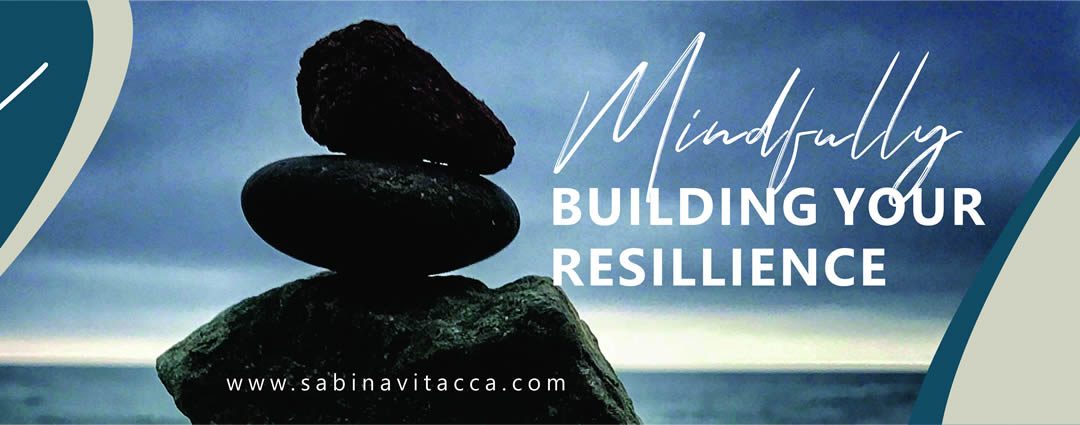Life is a journey in itself – one filled with highs and lows, a constant tide of changing states, emotions, and experiences. One thing is for sure, as human beings, we will experience some challenges, some testing times and its how we respond to these times, which displays our true character and ability to be resilient.
Even from our early days, our parents try to teach us resilience ‘Come on, you’ve just fallen over, pick yourself up!’ so resilience becomes a trait we’re aware we both need and want. Resilience allows us to spring back quickly from difficulties, to recover from challenges with a certain level of steely grit and determination. It’s a trait desired by most companies, but one which worryingly few have perfected, leaving those yet to learn the skill, in a challenging position themselves as they try to overcome obstacles, without any tools to assist.
How many times have you taken a long-anticipated break, perhaps driven off to be by the ocean for a week after months of stress at work, only to get sick as soon as you arrive on holiday? Perhaps more often than you’d care to admit. This is your body’s way so saying, ‘I’ve been stressed, I can’t cope and now I’m finally going to let down my defences and relax’. It’s a common occurrence to put up a shiny veneer in the workplace, especially in highly driven leadership teams where any sign of not being able to cope, is perceived as a weakness. It’s the classic ‘How are you?’ question to which you respond, ‘I’m great thanks!” even though you’re drowning in work, struggling with change, and feeling totally overwhelmed.
Mental resilience is akin to having your own Army, fighting your corner in your mind. It means managing our reactions and minds to be able to deal with any challenges and being acutely aware of our own thoughts. It’s a skill of being able to segment the positive thoughts from the negative and being able to rebalance quickly. Mindfulness cultivates introspection, it allows us to examine our own thoughts and actions with curiosity, to assess where we’re not resilient and why we respond the way we do. It allows us to be grateful for what we have, not what we don’t have and promotes inner calm, which keeps us clear from the frantic ‘fight or flight’ crazy mode many of us have unfortunately become familiar with. It is with this calm, clear mind, that we can start to build upon our resilience. We can remove our cognitive bias and start to lead more with empathy and compassion, to have a clear drive and fresh reframe on how to overcome whatever challenge we’re facing. It’s about acceptance that we cannot always change the situation, but we absolutely can change the way we respond. Mindfulness scientifically changes our perspective, by helping strengthen neuron connections in the brain to our pre-frontal cortex (CEO part of our brain which runs awareness, decision making, concentration) whilst shrinking our ‘fight or flight’ centre, the amygdala. We can quite literally help to re-wire our brains with meditation and mindfulness.
Change is inevitable – at work, at home, with friendships. The sooner we learn not just to accept the change, but to embrace it with resilience, the sooner our minds will expand to see the infinite possibilities which come with a happier and healthier workplace.

